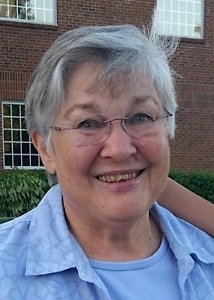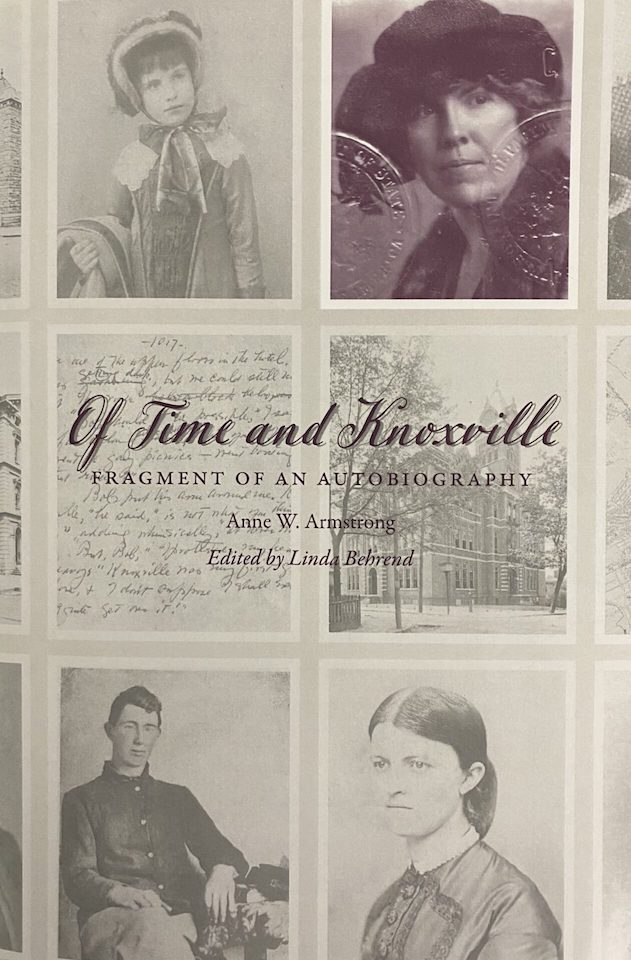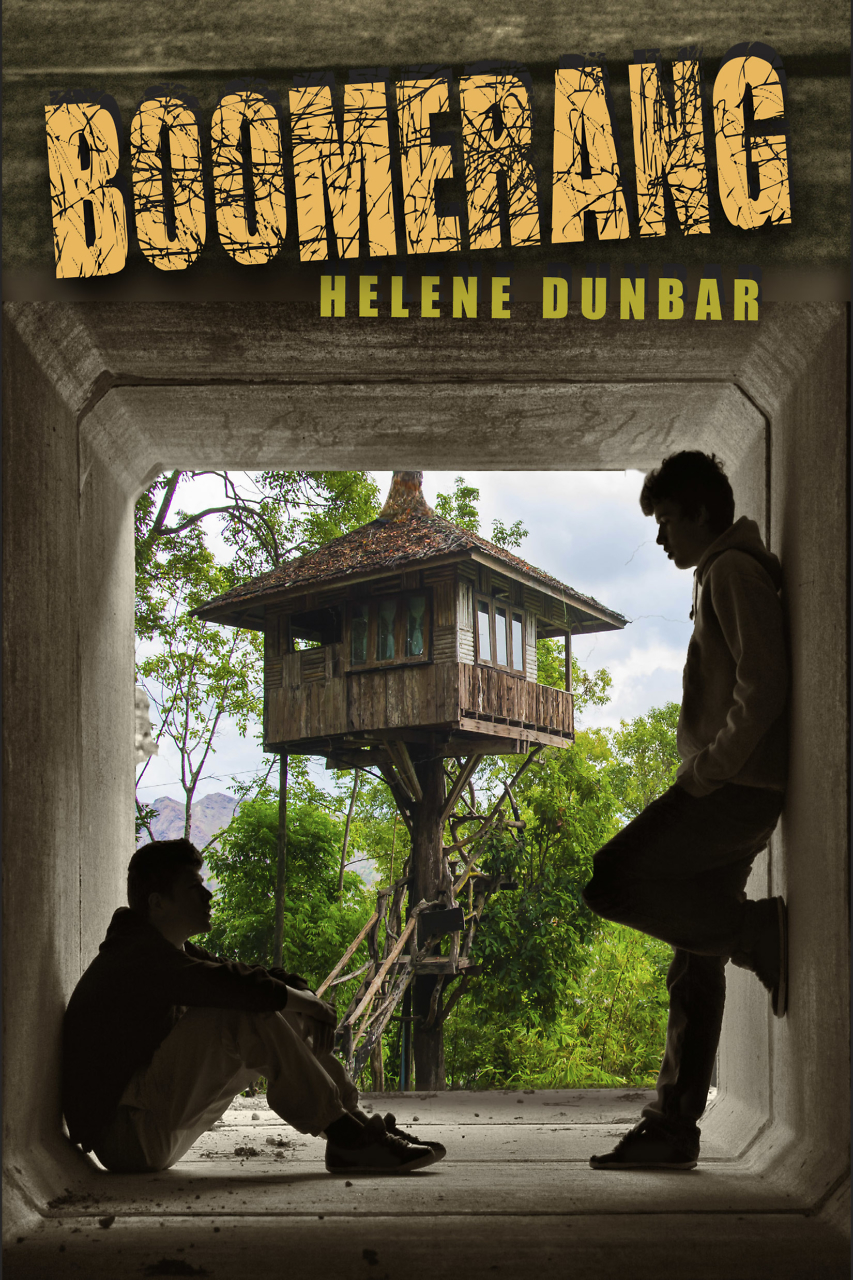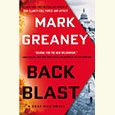Mixing Registers
Caki Wilkinson discusses her latest poetry collection, The Survival Expo
In The Survival Expo, poet Caki Wilkinson guides us through an exploration of what it means to survive our past without leaving it altogether, observing it from within but also with newfound perspective. From high school exes “who hung moons / in notebook margins truant afternoons,” to the many Elvises of Graceland, the collection is brimming with characters who offer a glimpse of American life and all the ways we have to stay alive.
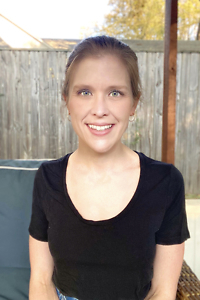 Take, for example, the figure of Hope, whom the poet describes in “A Supermarket in Tennessee” as “older, taller, tougher, my very own ego’s fog machine.” She reappears throughout the collection, sometimes stealing blueberries in Kroger or working shifts at Wendy’s — Hope, “who hasn’t been puffed up by lineage or luck.”
Take, for example, the figure of Hope, whom the poet describes in “A Supermarket in Tennessee” as “older, taller, tougher, my very own ego’s fog machine.” She reappears throughout the collection, sometimes stealing blueberries in Kroger or working shifts at Wendy’s — Hope, “who hasn’t been puffed up by lineage or luck.”
Drawing on influences as disparate as ancient oracles and animal husbandry, Wilkinson weaves a thematic thread which deftly touches on fear and self-protection, survival, and the ways art can help us to see the world. In the poem “Juvenilia,” the speaker remembers how poetry helped her make sense of her past, but she also recognizes “how little we can do to change what makes us incomplete.”
Wilkinson directs the creative writing program at Rhodes College in Memphis and has published two previous books of poetry, Circles Where the Head Should Be (2011) and The Wynona Stone Poems (2015). She answered questions from Chapter 16 via email:
Chapter 16: These poems tell the story of a shared history, a place that never leaves you. I love these lines in the final prose poem, “Nostos”: “Hope thinks some stories dog you your whole life. I think she’s right. It’s hard to come back home, or where home was, where part of you still partly is, which is why we wind up, two grown women, at the batting cages, the all-day gray a sort of syntax we’re suspended in.” Are the stories in this collection the “stories that dog you?”
Caki Wilkinson: Yes! A lot of what I end up writing about is stuff that, for whatever reason, I can’t shake. Sometimes that means big, important stories, but other times it’s some small moment that I keep coming back to and want to examine or dignify or take apart.
Chapter 16: The character Hope is an important presence in these poems. Is she autobiographical?
Wilkinson: Hope is a character based on a couple of women from my life, but the sequence as a whole is more interested in a particular kind of relationship than in any one story. There are autobiographical elements for sure, but I’m usually coming in slant, changing some of the facts in order to get closer to the truth. In general, I need a little bit of distance to be able to write about the things that matter most to me. I often return to what Flannery O’Connor says about creative distortion and the need to approach a story “as saying something about life colored by the writer, not about the writer colored by life.” I’d argue that’s important for poetry, too.
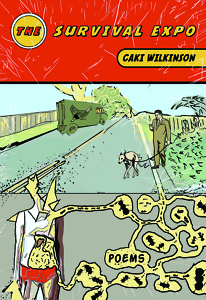 Chapter 16: The title of this collection portends a major theme of the poems: survival. What, for you, is the relationship between art and survival?
Chapter 16: The title of this collection portends a major theme of the poems: survival. What, for you, is the relationship between art and survival?
Wilkinson: This is one of the book’s big questions! The past few years have been so rough for pretty much everyone I know, and I’ve thought a lot about what art can and can’t do for us when life seems grim. One thing I’ve realized is that the art I’m drawn to, the art I love most, doesn’t make me feel any certain way. What it does, primarily, is make me pay attention — and then challenges or expands the way I imagine the world. This is also true for me as a writer: The act of writing doesn’t fix anything, but it helps me see better.
Chapter 16: There are many literary references in this collection. Can you tell us about your poetic influences?
Wilkinson: My poetic influences are all over the place, but two poets who’ve always been important to me are Wallace Stevens and Gwendolyn Brooks. I admire them both for many different reasons, but something their poems have in common is that they slide on the line between story and song. I aspire to that in my own poems, too.
I also tend to mix registers, and this book draws on everything from ancient oracles to lines I heard on the radio. At one point, for reasons I still don’t understand, I read a book on animal husbandry that ended up inspiring two of the book’s longest poems. And I’m always reading fiction, both novels and stories. Whatever I’m reading tends to find its way into the poems.
Chapter 16: Much of your work is steeped in the places and manners of the contemporary American South. Do you think that’s a defining aspect of it? Does it make sense in 2021 to talk about regional literature?
Wilkinson: I’ve spent a lot of my life in Tennessee, and I’ve lived all over the state: Murfreesboro, Knoxville, Sewanee, and now Memphis. These are distinct places, weird in their own specific ways, and they’ve all shaped my sensibilities as a person and a writer, even when I’m not writing explicitly about them.
I started working on The Survival Expo when I moved back to Tennessee after a string of years living in cities in the Northeast and West and Midwest. I don’t think I’ve ever felt quite as southern as I did during those years — which in a backwards way shows how those places shaped me, too.
But it seems to me that any story or poem that mentions a specific place is in some sense regional. What would the opposite be? In 2021, I’m more suspicious than ever of the idea that literature can do anything on a universal level. But that’s what’s so great about stories and poems: We might connect just as much with their strangeness as with the parts we recognize.

Joy Ramirez holds a Ph.D. in comparative literature. She taught Italian at Vanderbilt University and the Colorado College. She now writes and lives in East Nashville.
